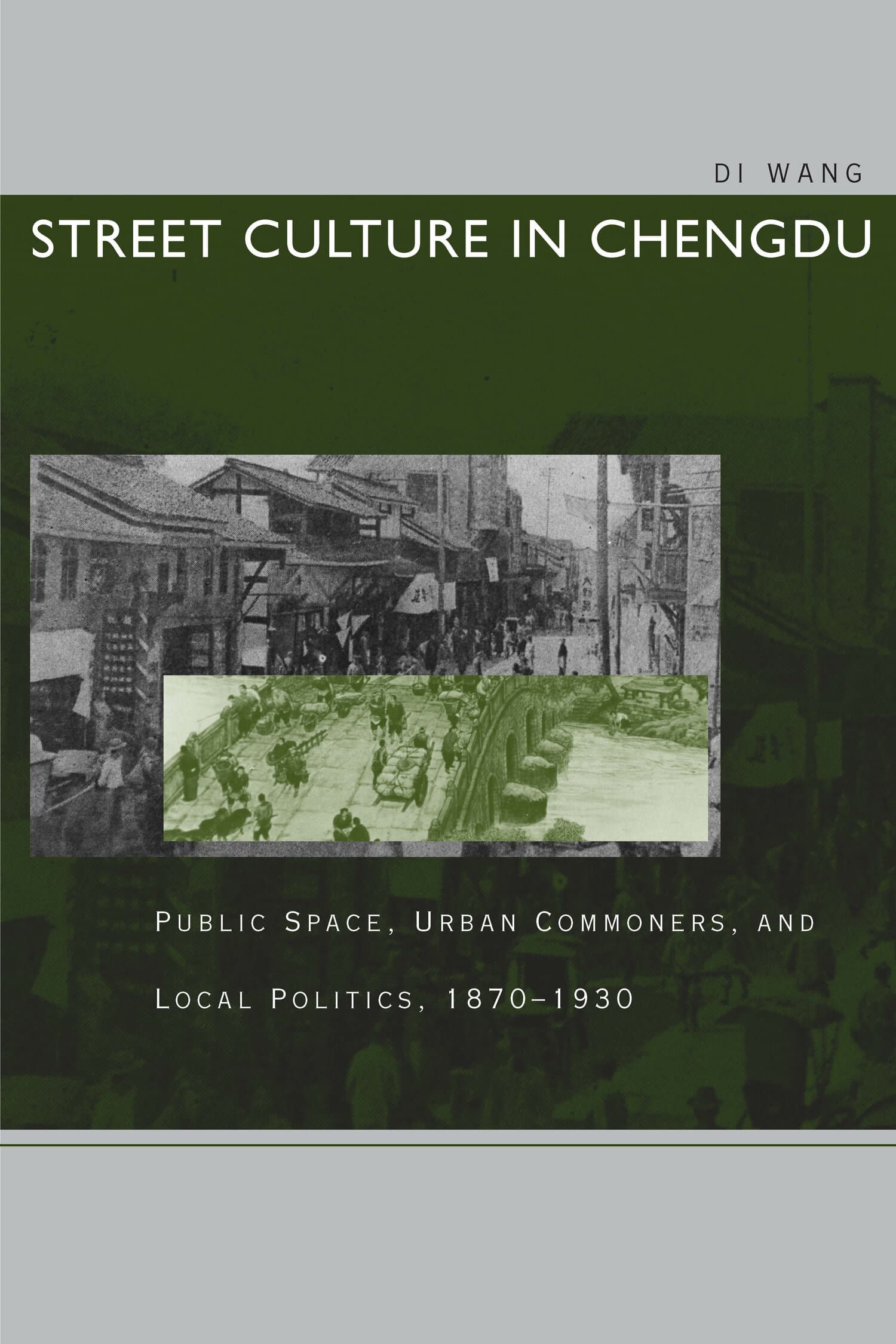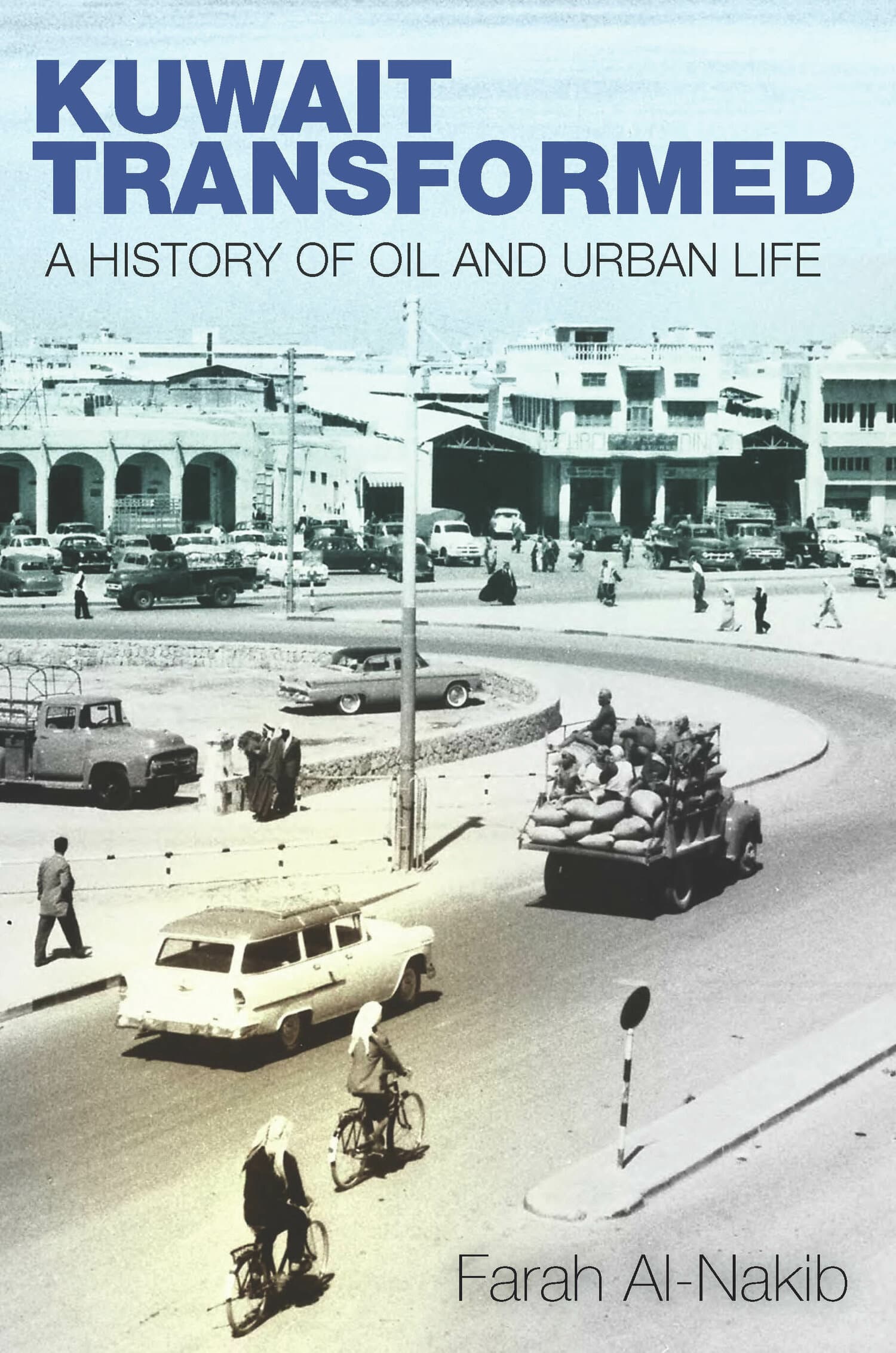Reformatting Agrarian Life

Reformatting Agrarian Life presents a stealth urban history from the countryside that foregrounds the mutual entanglements of agrarian and urban expertise. William J. Glover traces an essential genealogy for understanding how urbanism unexpectedly left the city in late colonial India and began to settle in agrarian space, exploring how two milieus that were initially seen as distinct were gradually brought together both conceptually and in practices of ordinary life. He argues that rural change and the expert knowledge associated with managing the countryside in colonial India opened paths for urban concepts and forms to permeate agrarian settings where they were previously thought to have little relevance. This process indelibly shaped idioms and modes of agrarian life, just as it gave rural problems and processes a structural role in urban discourse.
By illuminating the intellectual paths by which agrarian and urban processes came to be understood as co-constituting, and exploring multiple vivid, empirically rich case studies of projects where those relations were made evident, this book presents a compelling case to move beyond traditional intellectual silos and enter new theoretical territory to understand processes of urban and rural transformation.
—Swati Chattopadhyay, University of California, Santa Barbara
"Impeccably researched, elegantly structured, and a pleasure to read. This book blazes a trail through urban and agrarian studies, fundamentally rethinking both. Glover's bold assertion is that the making of an agrarian countryside was modeled on urban principles of spatial and social order. The beauty and strength of the book lies in how lucidly and carefully it marshals the evidence in its support."
—Amita Baviskar, Ashoka University
"Offering a unique aesthetics of relationality, the distinctiveness of the urban and the agrarian are blurred, disrupted, and retained through wavy lines of mutual implication ordered spatially by regulatory apparatuses that facilitate the articulation of distinct modes of life. In a 'stealth urban history from the countryside', focusing on genealogies of agricultural knowledge production and governance, and village development, Glover brilliantly thickens relations among land, labor, and rule, as the agrarian traverses a heterogeneity of spaces."
—AbdouMaliq Simone, University of Sheffield
"Glover has made another fine contribution to the history of the Punjab and urban studies.... Recommended."
—R. D. Long, CHOICE




